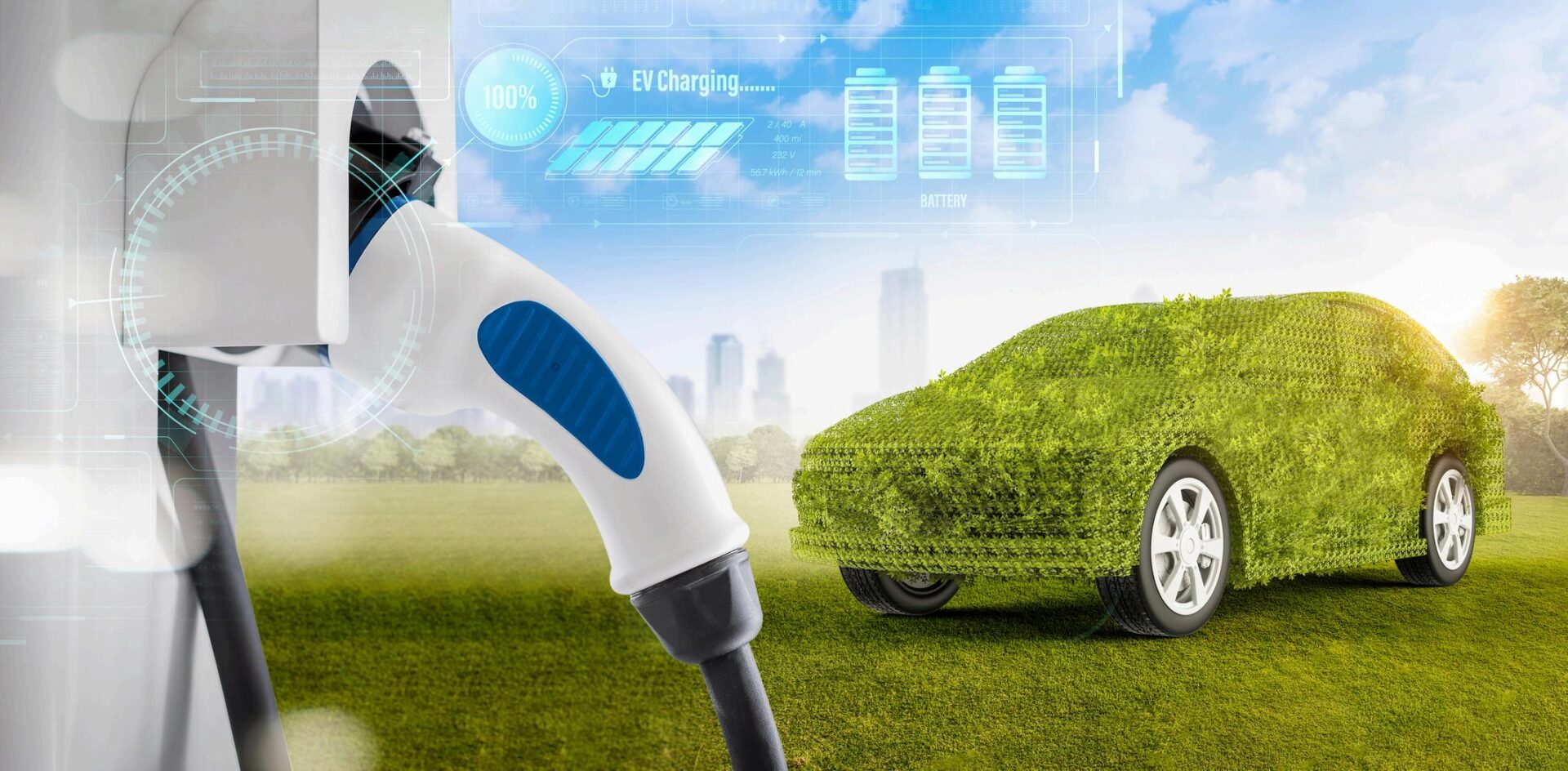The Union government is ramping up its efforts to expand electric vehicle (EV) charging infrastructure in India, with a strategic focus on key sectors such as ports, roads, railways, and airports.
The ₹2,000 crore fund allocated under the government’s ambitious ₹10,900-crore PM E-Drive scheme will be crucial in transforming India’s EV landscape, positioning the country for a cleaner, greener future. In a significant move to support the burgeoning electric vehicle market, the Ministry of Heavy Industries (MHI) is actively collaborating with multiple stakeholders, including the Ministry of Ports, Shipping and Waterways, the Airports Authority of India (AAI), the National Highways Authority of India (NHAI), and several state governments. The aim is to identify and establish key locations for EV charging stations and battery swapping facilities across the country. This expansion is expected to reduce India’s dependence on fossil fuel-powered vehicles, contributing directly to the nation’s decarbonisation efforts.
India’s growing EV market, driven by increasing consumer demand and government incentives, has made charging infrastructure a key priority. The government aims to significantly boost the number of public EV charging stations to 72,300 by FY26, a significant increase from the current 32,500. The rapid expansion of charging stations across airports, highways, and ports is seen as essential to ensuring the continued growth of the electric vehicle sector, both for consumer convenience and to align with India’s sustainability goals. Currently, major airports such as Delhi’s Indira Gandhi International Airport and Kochi International Airport, along with key national highways like NH-48 (Delhi-Jaipur-Agra) and NH-179B (Chennai-Trichy), already feature EV charging infrastructure.
These are among the first in a long list of infrastructure hubs being targeted for further installation. The government is keen on further expanding EV infrastructure at additional critical locations across the country, including more airports, highways, and ports. The expansion of EV charging infrastructure is a critical step towards achieving India’s ambitious environmental targets. With transportation being one of the largest contributors to carbon emissions, the adoption of electric vehicles is seen as a crucial measure to combat climate change. EVs, being zero-emission, are expected to play a pivotal role in reducing India’s carbon footprint, especially when combined with a robust charging infrastructure that makes their adoption easier and more feasible.
This move aligns with the government’s vision of creating a sustainable, eco-friendly future. It reflects a broader shift towards sustainable urban mobility solutions, where cities and towns are not only adopting electric vehicles but are also investing in green infrastructure that supports this transition. By promoting EV adoption, the government is not only addressing environmental concerns but is also contributing to the creation of equitable, gender-neutral, and future-ready urban spaces. As India looks to increase its commitment to net-zero emissions, the expansion of EV charging infrastructure across major infrastructure sectors will be crucial. It will not only help in reducing pollution levels but will also encourage the use of electric vehicles, providing a much-needed boost to the country’s overall sustainability and green mobility initiatives.
This development is expected to benefit citizens, industries, and the environment alike, fostering a cleaner and more sustainable urban ecosystem that will be pivotal in shaping the future of mobility in India.


